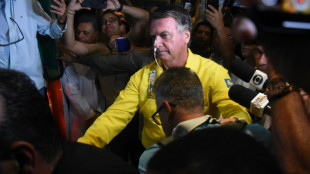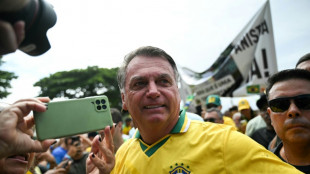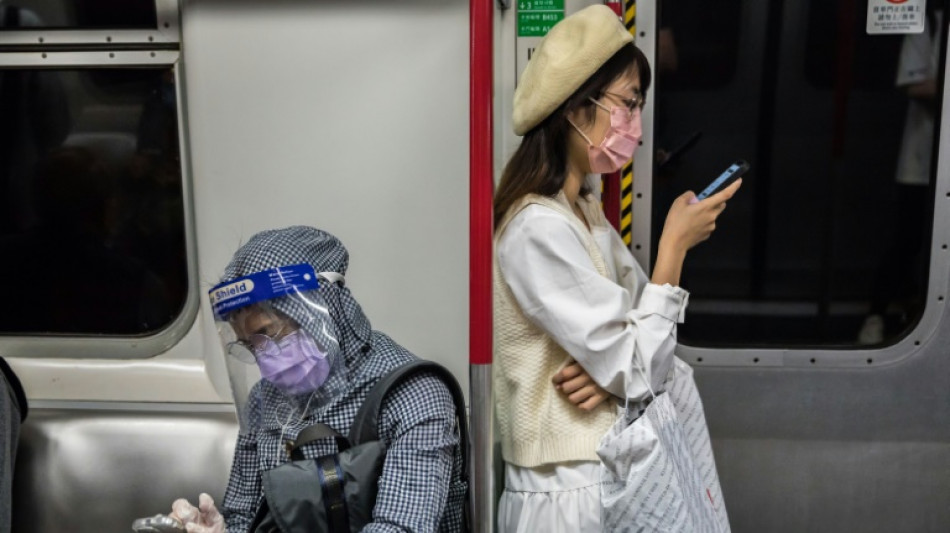
-
 Trump trade war casts pall in China's southern export heartland
Trump trade war casts pall in China's southern export heartland
-
Ukraine's Sumy prepares to bury victims of 'bloody Sunday'
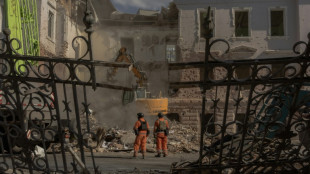
-
 Iraq sandstorm closes airports, puts 3,700 people in hospital
Iraq sandstorm closes airports, puts 3,700 people in hospital
-
French prisons targeted with arson, gunfire: ministry
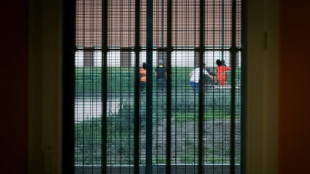
-
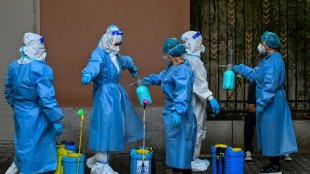 Pandemic treaty talks inch towards deal
Pandemic treaty talks inch towards deal
-
Employee dead, client critical after Paris cryotherapy session goes wrong

-
 Howe will only return to Newcastle dugout when '100 percent' ready
Howe will only return to Newcastle dugout when '100 percent' ready
-
Journalist recalls night Mario Vargas Llosa punched Gabriel Garcia Marquez
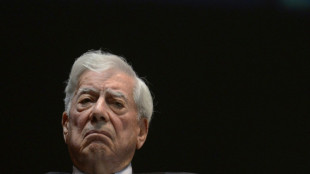
-
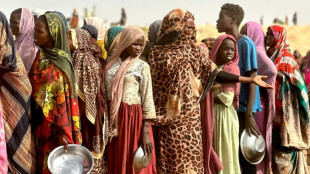 Sudan marks two years of war with no end in sight
Sudan marks two years of war with no end in sight
-
Vance urges Europe not to be US 'vassal'
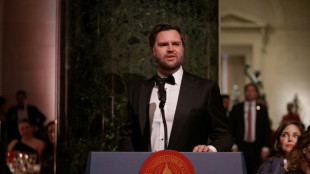
-
 China tells airlines to suspend Boeing jet deliveries: report
China tells airlines to suspend Boeing jet deliveries: report
-
Stocks rise as stability returns, autos surge on exemption hope

-
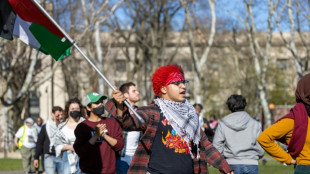 Harvard sees $2.2bn funding freeze after defying Trump
Harvard sees $2.2bn funding freeze after defying Trump
-
'Tough' Singapore election expected for non-Lee leader
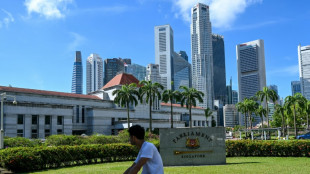
-
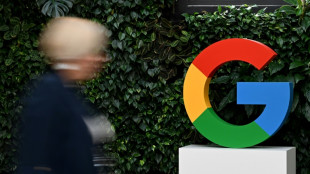 Japan orders Google to cease alleged antitrust violation
Japan orders Google to cease alleged antitrust violation
-
Stocks rise as stability returns, autos lifted by exemption hope
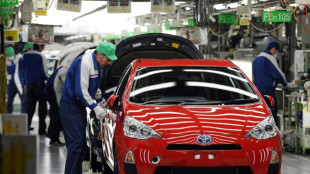
-
 Malawi's debt crisis deepens as aid cuts hurt
Malawi's debt crisis deepens as aid cuts hurt
-
Danish brewer adds AI 'colleagues' to human team

-
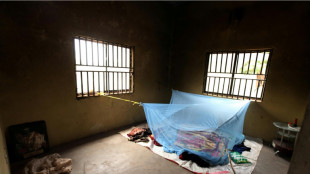 USAID cuts rip through African health care systems
USAID cuts rip through African health care systems
-
Arsenal target Champions League glory to save season

-
 Kane and Bayern need killer instinct with home final at stake
Kane and Bayern need killer instinct with home final at stake
-
Mbappe leading Real Madrid comeback charge against Arsenal

-
 S. Korea plans extra $4.9 bn help for chips amid US tariff anxiety
S. Korea plans extra $4.9 bn help for chips amid US tariff anxiety
-
Xi's Vietnam trip aiming to 'screw' US, says Trump
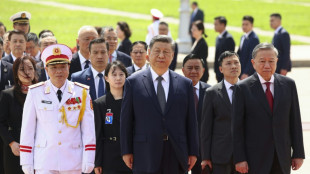
-
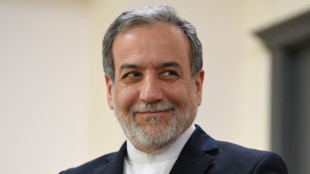 Iran's top diplomat to visit Russia after US nuclear talks
Iran's top diplomat to visit Russia after US nuclear talks
-
China accuses US spies of Asian Winter Games cyberattacks
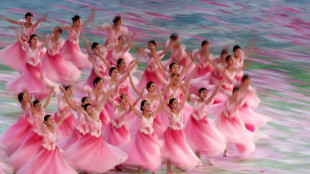
-
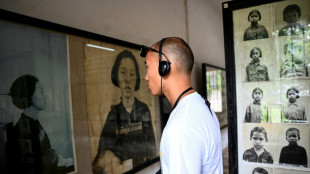 Cambodia genocide denial law open to abuse, say critics
Cambodia genocide denial law open to abuse, say critics
-
Holocaust remembrance and Gaza collide in Brussels schools
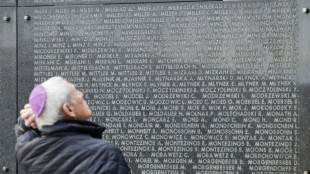
-
 The miracle babies who survived Ravensbruck
The miracle babies who survived Ravensbruck
-
Asian stocks mixed as stability returns, autos lifted by exemption hope
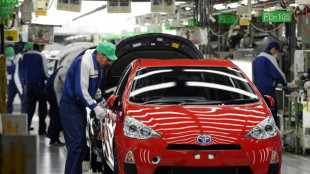
-
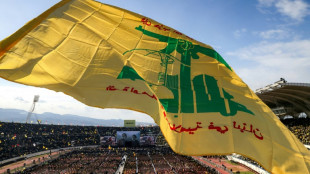 Disarming Lebanon's Hezbollah no longer inconceivable: analysts
Disarming Lebanon's Hezbollah no longer inconceivable: analysts
-
London hosts talks to find 'pathway' to end Sudan war
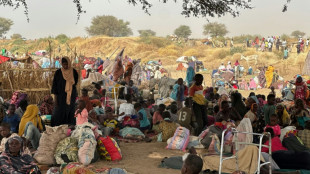
-
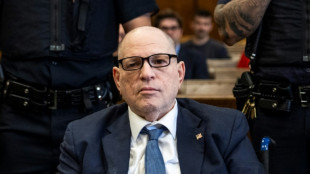 Harvey Weinstein New York retrial for sex crimes to begin
Harvey Weinstein New York retrial for sex crimes to begin
-
Meta news ban intensifying Canadians' legacy media break

-
 All Black wing Tele'a announces Japan switch
All Black wing Tele'a announces Japan switch
-
Chinese EV battery giant CATL posts 33% surge in Q1 profit
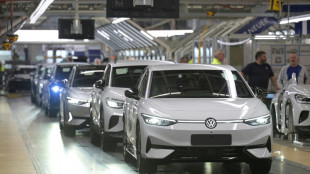
-
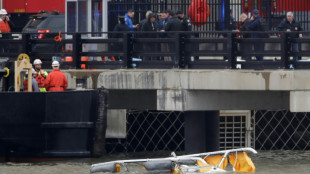 US grounds helicopter company behind fatal New York tour
US grounds helicopter company behind fatal New York tour
-
China's economy likely grew 5.1% in Q1 on export surge: AFP poll
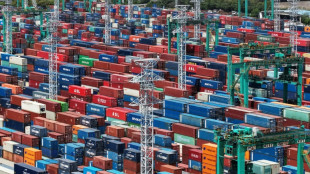
-
 S. Korea govt plans $4.9 bn more help for semiconductors as US tariff risk bites
S. Korea govt plans $4.9 bn more help for semiconductors as US tariff risk bites
-
Harvard sees $2.2 billion in funding frozen after defying Trump
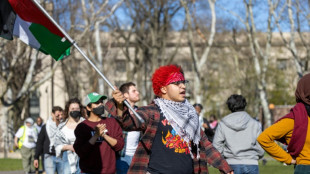
-
 Israel demands hostage release for Gaza ceasefire: Hamas
Israel demands hostage release for Gaza ceasefire: Hamas
-
Guardian Metal Resources PLC - Significant Gallium Potential Identified

-
 Birkenstock Announces Fiscal Second Quarter 2025 (Ended March 31, 2025) Results Date and Conference Call
Birkenstock Announces Fiscal Second Quarter 2025 (Ended March 31, 2025) Results Date and Conference Call
-
Meridian Drills Into Shallow High-Grade Cu-Au-Zn & Ag Massive to Semi-Massive Sulphides on the Open Western Limit of Santa Helena

-
 The DEA Is Defying Supreme Court Axon in MMJ's Cannabis Case - Is DEA a rogue agency?
The DEA Is Defying Supreme Court Axon in MMJ's Cannabis Case - Is DEA a rogue agency?
-
Formation Metals Deepak Varshney to Be Featured on Radius Research's Pitch, Deep Dive and Q&A Webinar on April 16th, 2025 to Discuss the N2 Gold Property with a Historical 877,000 oz Gold Resource

-
 GECC Reports Fiscal 2025 Q2 Financial Results
GECC Reports Fiscal 2025 Q2 Financial Results
-
Palestinian student detained at US citizenship interview
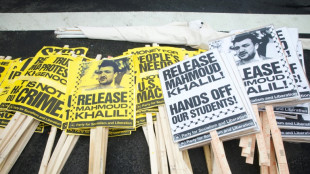
-
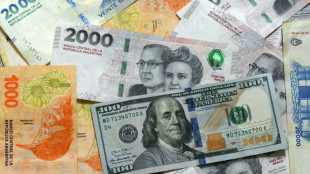 Argentina's peso sinks after currency controls eased
Argentina's peso sinks after currency controls eased
-
LVMH sales dip as Trump tariffs dent luxury tastes
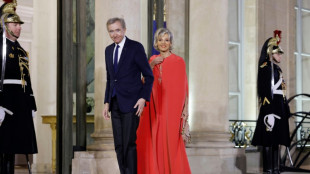

Pandemic accord talks heading for extra time
Two years of talks towards striking a landmark global agreement on pandemic prevention were headed for overtime Thursday, with a breakthrough still elusive.
Scarred by Covid-19, which shredded economies, overturned societies, crippled health systems and killed millions, countries decided to craft an international accord towards pandemic prevention, preparedness and response.
But with a hard deadline looming, some NGOs are warning that countries may agree to a weak text that does little to make the world safer than it was before the Covid-19 pandemic.
Countries remain sharply at odds over what they are prepared to do for each other when the next pandemic strikes.
These were meant to be the ninth and final round of efforts to craft an international accord towards pandemic prevention, preparedness and response.
The talks had been scheduled to conclude Thursday, but after 13-hour days of negotiations at the WHO headquarters in Geneva there was still no end in sight.
"An agreement for sure will not be reached today, so there will be extended negotiations," Yuanqiong Hu, from the medical charity Doctors Without Borders (MSF), told AFP.
"Member states are still discussing and agreeing what the next steps are going to be."
- Campaigners' fears -
There has not yet been an official decision to extend the talks.
But member states are considering a proposal to pause and resume the current session between April 29 and May 10, according to a document seen by AFP.
If accepted, the Intergovernmental Negotiating Body (INB) bureau conducting the talks would draw up a new draft text by April 18, with the hope of finally securing a consensus.
Campaign groups attending open sessions of the talks have warned that the pressure to secure a deal could lead to a watered-down text.
"There is of course concern that major divides in substantive issues... could leave us with the lowest common denominator," said Rachael Crockett of the Drugs for Neglected Diseases Initiative (DNDi).
Pressure to make concessions might favour the current way of working, "which neither makes meaningful change nor changes the status quo", she added.
K.M. Gopakumar, senior researcher with the Third World Network NGO, told AFP the new text would likely be a lighter document, which could be added to at a later stage.
"It's a face-saving exercise as of now, because they are so desperate to finish everything by May -- but they know realistically that's not possible."
"We really still hope to see a meaningful outcome that could change the status quo for the next pandemic," said Hu, with MSF keen to see firm protection for health workers in an eventual agreement.
However, "everything is still open now. Many, many brackets are still under negotiation".
- Rich and poor divide -
The main issues of contention include shared access to emerging pathogens, better prevention and monitoring of disease outbreaks, reliable financing and transferring pandemic-fighting technology to poorer countries.
Ultimately, the talks have come to the crunch over the balance between richer and poorer nations.
Wealthier states want immediate information-sharing on new and emerging pathogens with pandemic potential, and strict, and pricy, preparedness obligations for all countries.
In return, developing countries are demanding water-tight language on technology transfer and equitable access to vaccines, tests and treatments.
O.Norris--AMWN
